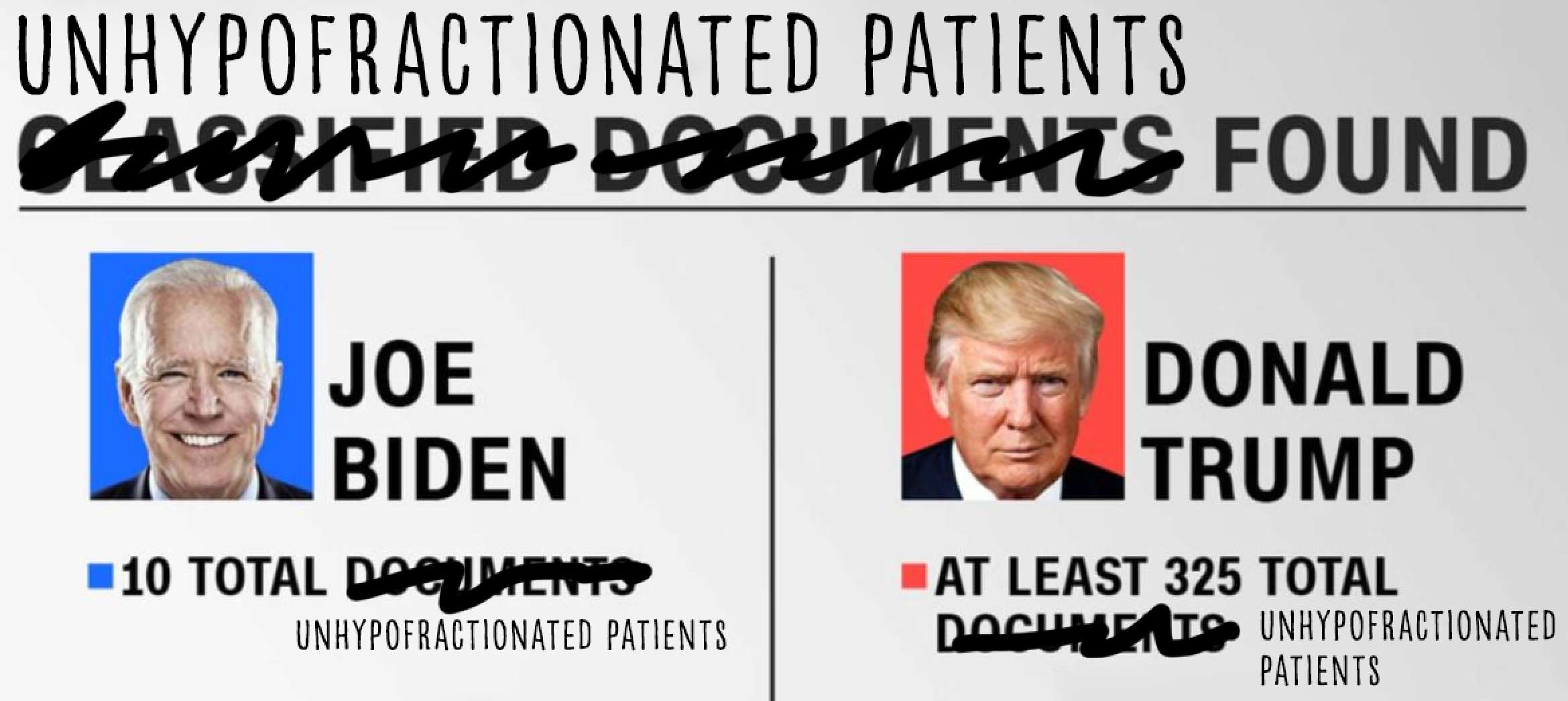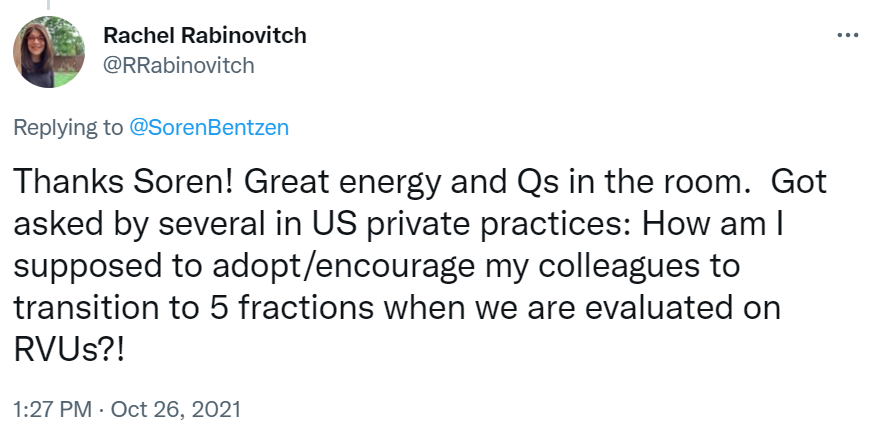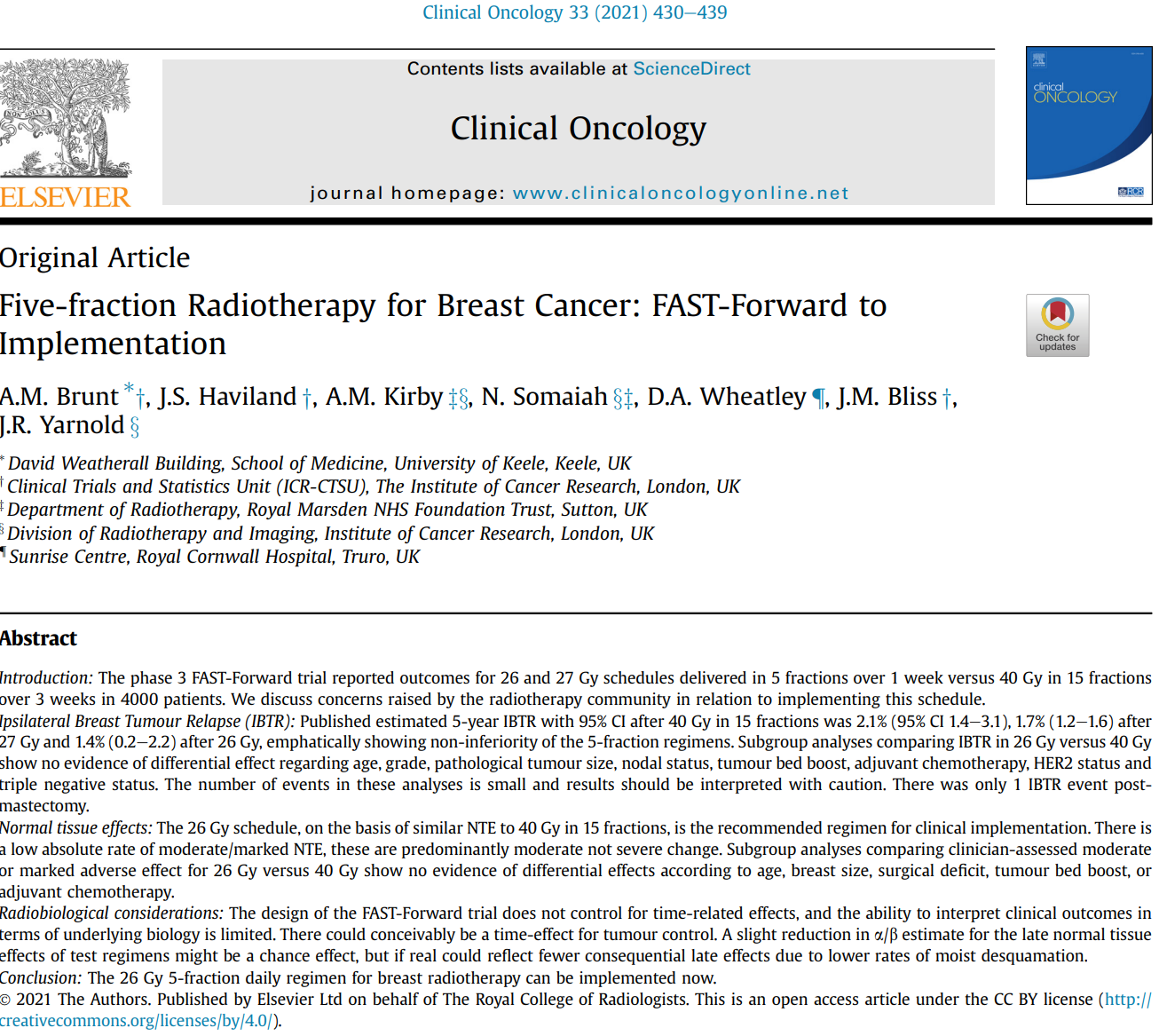- Joined
- Aug 4, 2020
- Messages
- 1,967
- Reaction score
- 3,358
In my experience, I don't see an appreciable "bothersome" difference with acute tx with short course.. actually, many of my avg prostate modest AUA score patients get thru treatment with near zero side effects of significance.
I ain't getting paid more, and more importantly, I sleep well at night.
Choose Greedily? Not this guy.
I ain't getting paid more, and more importantly, I sleep well at night.
Choose Greedily? Not this guy.





